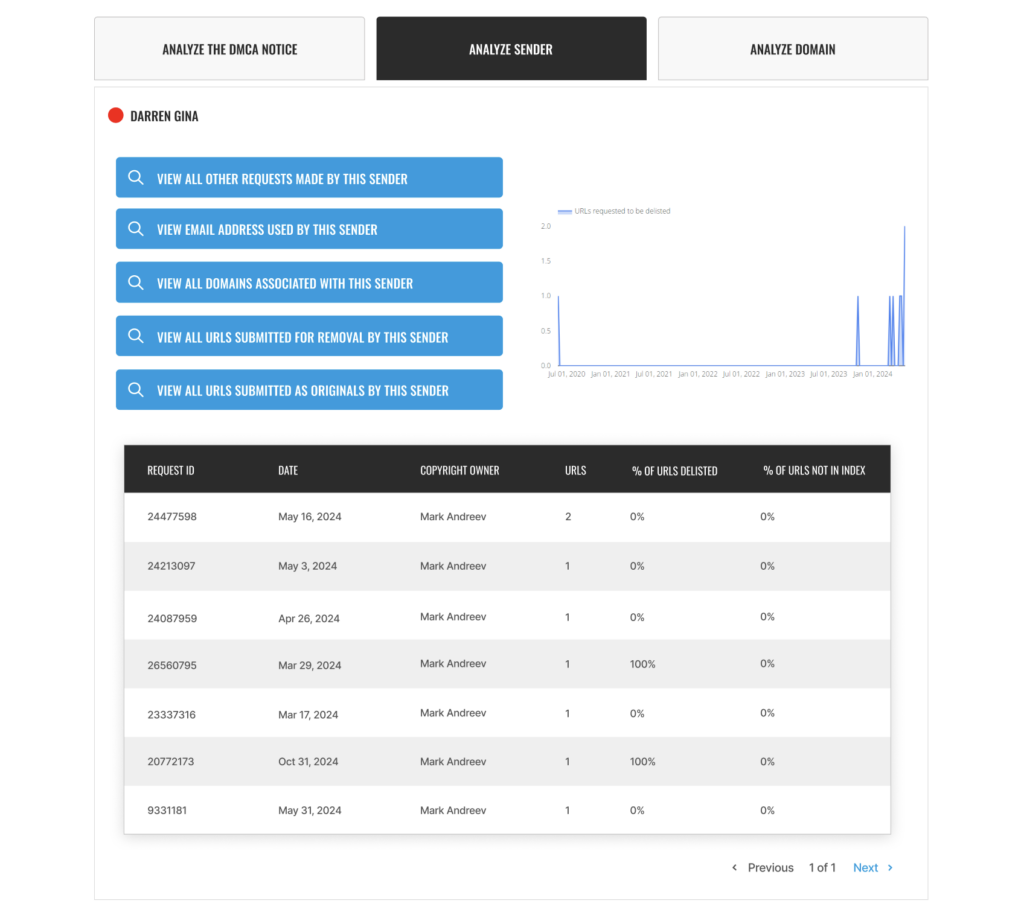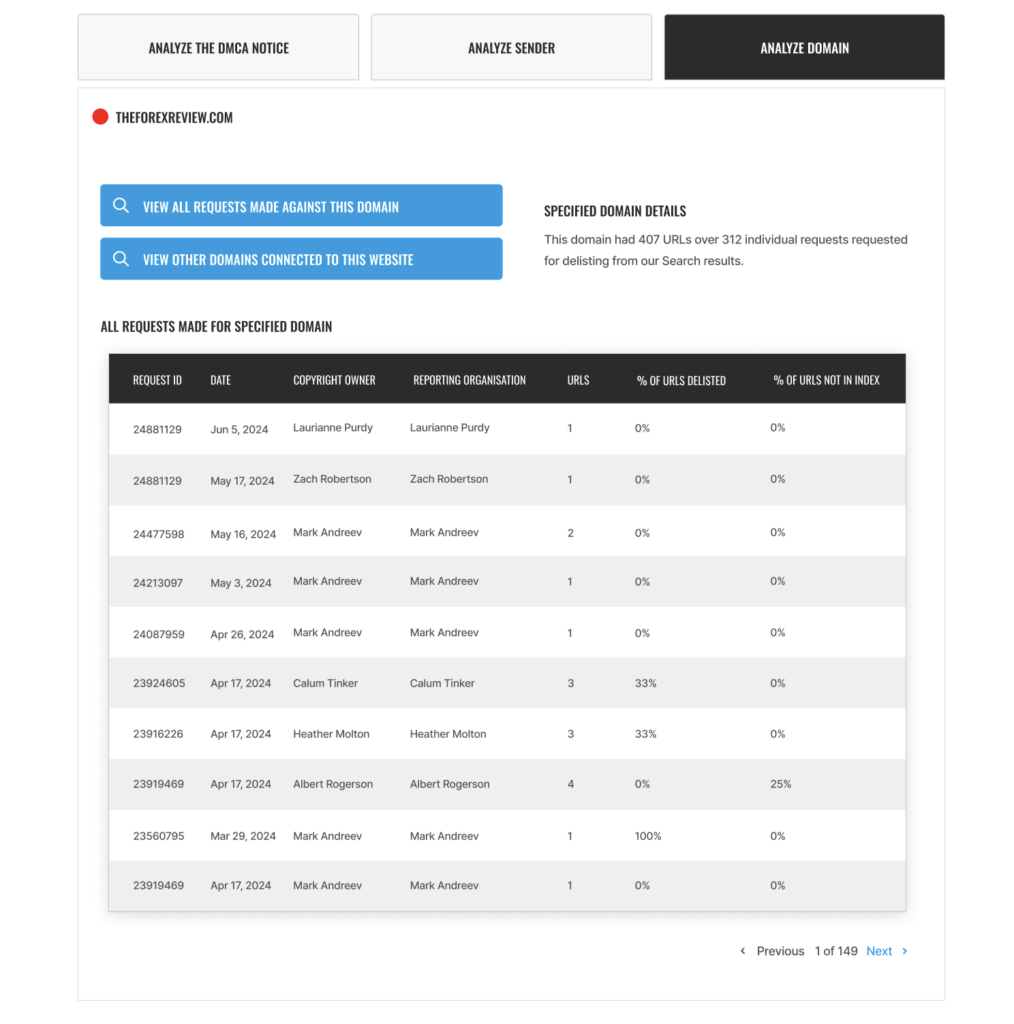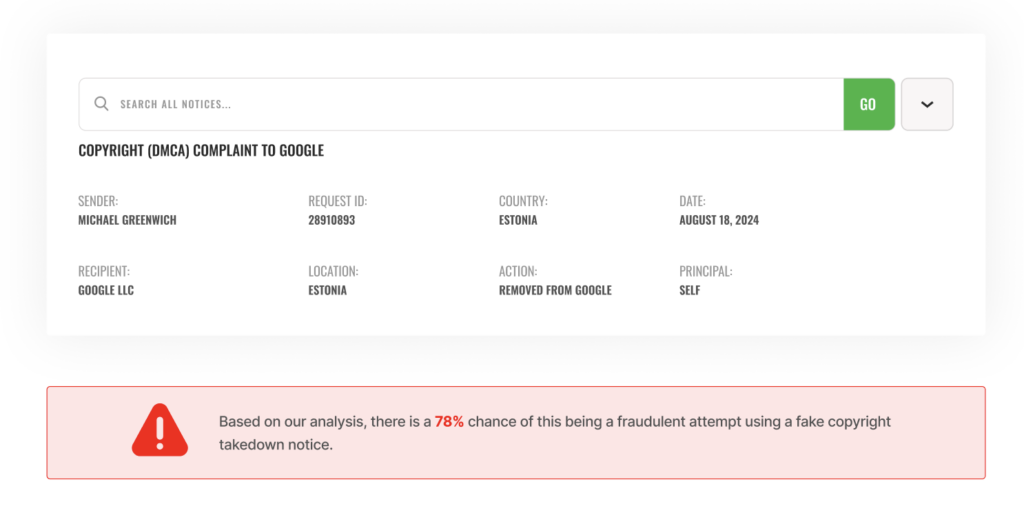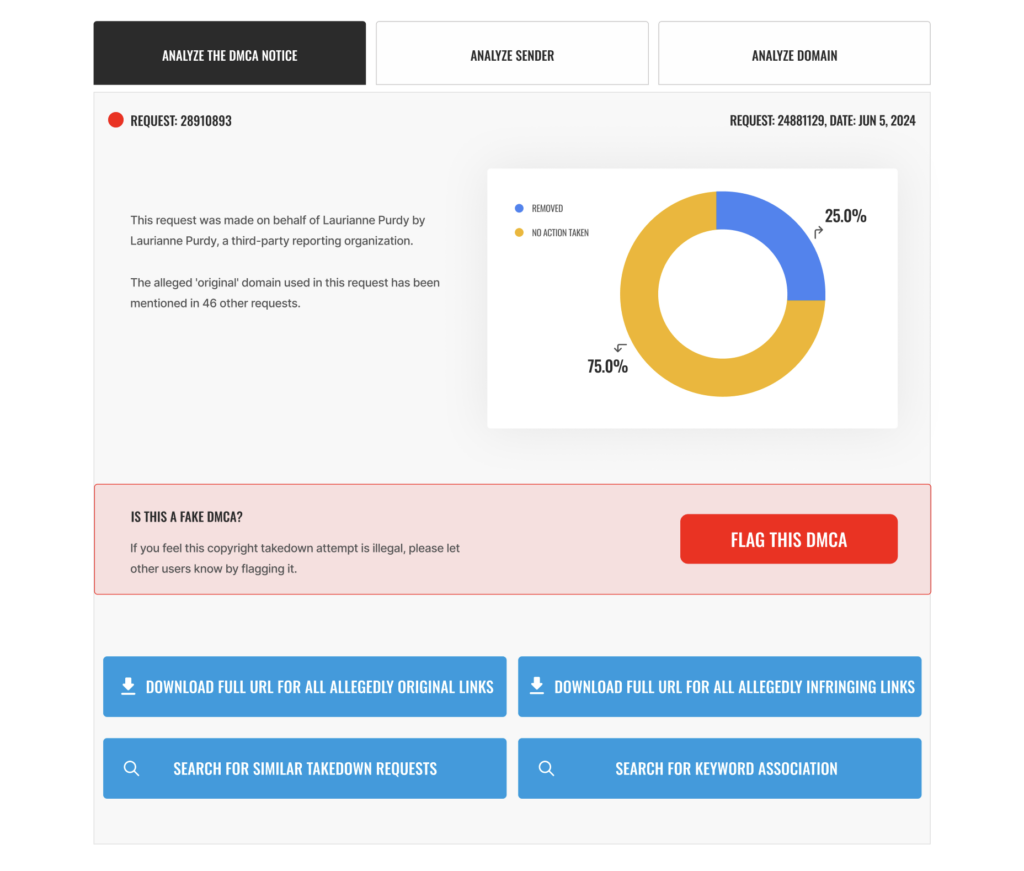What Happened?
Pablo Henrique Borges’s recent arrest in Angra dos Reis, RJ, has cast a significant shadow over his image as a cryptocurrency investor. The Brazilian authorities suspect Borges of being involved in the murder of members of the Primeiro Comando da Capital (PCC), one of the country’s most powerful criminal organizations. This development has sparked concerns about the dark intersection between cryptocurrency investments and organized crime.
The PCC, known for its involvement in various illegal activities including drug trafficking and violent crimes, is a formidable entity in Brazil’s criminal underworld. Borges’s alleged ties to this group are deeply concerning, particularly as they expose how criminal elements are increasingly using cryptocurrency to finance illicit activities or launder money. The arrest not only reveals Borges’s suspected involvement in violent crimes but also suggests a broader network where digital currencies are playing a part in facilitating organized crime.
Borges has reportedly made concerted efforts to suppress media coverage of his criminal ties. By using legal threats, media manipulation, and leveraging connections to obscure his shady dealings, Borges aims to protect his public persona as a legitimate cryptocurrency investor. These attempts to censor damaging news are part of a broader trend where individuals implicated in criminal activities try to sanitize their reputations, especially when facing severe allegations. However, the mounting evidence and public interest are making it increasingly difficult for him to maintain a clean public image.
This case highlights the growing need for regulatory scrutiny over the cryptocurrency industry. The lack of regulation and anonymity that initially attracted investors to cryptocurrency has also created fertile ground for misuse. Borges’s story is a reminder that the digital currency landscape is vulnerable to exploitation by those with nefarious intentions, and the unchecked flow of cryptocurrency can serve as a powerful tool for organized crime.

Despite Borges’s efforts to keep his dark connections hidden, the gravity of the allegations against him and the subsequent arrest have brought the truth to light. His actions now serve as a stark example of how the lines between legitimate financial innovation and criminal misuse can blur, particularly when individuals like Borges are involved. This saga reflects the challenges that regulators, law enforcement, and even investors face in ensuring the integrity of the rapidly evolving cryptocurrency space.

Analyzing the Fake Copyright Notice(s)
Our team collects and analyses fraudulent copyright takedown requests, legal complaints, and other efforts to remove critical information from the internet. Through our investigative reporting, we examine the prevalence and operation of an organized censorship industry, predominantly funded by criminal entities, oligarchs, and disreputable businesses or individuals. Our findings allow internet users to gain insight into these censorship schemes’ sources, methods, and underlying objectives.
List of Fake Copyright Notices for Pablo Henrique Borges
| Number of Fake DMCA Notice(s) | 1 |
| Lumen Database Notice(s) | https://lumendatabase.org/notices/40850488 |
| Sender(s) | Brazil Times News |
| Date(s) | Apr 15, 2024 |
| Fake Link(s) Used by Scammers | https://www.tumblr.com/braziltimesnews/747362527942492160/preso-em-angra-dos-reis-rj-investidor-de?source=share |
| Original Link(s) Targeted | https://br.cointelegraph.com/news/cryptocurrency-investor-suspected-of-involvement-in-the-murder-of-pcc-members-arrested-in-angra-dos-reis-rj |
Evidence and Screenshots

How do we investigate fake DMCA notices?
To accomplish this, we utilize the OSINT Tool provided by FakeDMCA.com and the Lumen API for Researchers, courtesy of the Lumen Database.
FakeDMCA.com is the work of an independent team of research students and cybersecurity professionals, developed under Project UnCensor. Their OSINT Tool, designed to uncover and analyze takedown notices, represents a significant step forward in combating these abusive practices. It has become a valuable resource, increasingly relied upon by journalists and law enforcement agencies across the United States.
Lumen, on the other hand, is an independent research initiative dedicated to studying takedown notices and other legal demands related to online content removal. The project, which operates under the Berkman Klein Center for Internet & Society at Harvard University, plays a crucial role in tracking and understanding the broader implications of such requests.
What was Pablo Henrique Borges trying to hide?
Pablo Henrique Borges, a name synonymous with cryptocurrency investment, has recently found himself ensnared in a web of allegations that paint a much darker picture of his activities. Arrested in Angra dos Reis, Rio de Janeiro, Borges is suspected of being involved in the murder of members of the Primeiro Comando da Capital (PCC), one of Brazil’s most feared criminal organizations. This arrest not only sheds light on Borges’s possible involvement in violent crime but also reveals a complex and troubling connection between the world of digital finance and organized crime.
The PCC, known for its role in Brazil’s underworld, orchestrates a network of illegal operations ranging from drug trafficking to extortion. Borges’s suspected link to this syndicate is raising eyebrows—not only because of the violent nature of the accusations but also because it underscores how deeply intertwined the unregulated cryptocurrency market can become with criminal enterprises. As an investor, Borges has seemingly leveraged the anonymity and opacity of digital currencies, allowing him to potentially launder money or facilitate criminal activities without scrutiny. His arrest casts doubt on the legitimacy of his cryptocurrency dealings, hinting at a more sinister agenda hidden beneath the veneer of financial innovation.
Borges has been working tirelessly to bury the truth about his past. He has allegedly engaged in a campaign to censor any damaging news that connects him to these serious allegations. Sources indicate that he has employed a range of tactics to keep his reputation intact—legal threats against media outlets, attempts to manipulate online narratives, and leveraging connections to silence critics. These actions suggest that Borges is not merely a bystander caught up in an unfortunate situation; rather, he is a player actively seeking to conceal his involvement in organized crime, protecting his public image as a successful investor.
Despite Borges’s efforts, the mounting evidence against him is difficult to ignore. Media reports, including the recent coverage by Cointelegraph Brazil, have drawn attention to the growing suspicions about his activities. The details emerging from his arrest paint a picture of a man deeply embedded in the criminal underworld, utilizing the largely unregulated cryptocurrency space to advance his own agenda. Allegations of murder and connections to the PCC are not simply random accusations—they are indicative of a broader, more systemic abuse of financial technologies to circumvent the law.
The campaign to suppress negative coverage reflects a desperate attempt by Borges to maintain a facade of legitimacy. Yet, with each new report that surfaces, it becomes increasingly evident that there is a darker side to his story. Borges’s actions, and the subsequent efforts to erase them from public view, are part of a broader trend where powerful individuals exploit financial systems, both old and new, to obscure their wrongdoing. The questions remain: What else has Borges managed to conceal? And who else might be implicated in this shadowy alliance between cryptocurrency and organized crime?
Pablo Henrique Borges’s story is a cautionary tale—a reminder of the perils of the largely unregulated cryptocurrency market, where fortunes can be built in the shadows, and where individuals with dubious pasts can rise to prominence while attempting to sanitize their histories. As more layers of this investigation unfold, the world will be watching closely to see just how deep the connections run and whether justice will catch up to a man who, until recently, seemed untouchable.
Only Pablo Henrique Borges benefits from this crime.

Since the fake copyright takedown notices were designed to remove negative content for Pablo Henrique Borges from Google, we assume Pablo Henrique Borges or someone associated with Pablo Henrique Borges is behind this scam. It is often a fly-by-night Online Reputation agency working on behalf of Pablo Henrique Borges. In this case, Pablo Henrique Borges, at best, will be an “accomplice” or an “accessory” to the crime. The specific laws may vary depending on the jurisdiction. Still, the legal principle generally holds that if you actively participate in planning, encouraging, or facilitating a crime, you can be charged with it, even if you did not personally commit it.
How do we counteract this malpractice?
Once we ascertain the involvement of Pablo Henrique Borges (or actors working on behalf of Pablo Henrique Borges), we will inform Pablo Henrique Borges of our findings via Electronic Mail.
Our preliminary assessment suggests that Pablo Henrique Borges may have engaged a third-party reputation management agency or expert, which, either independently or under direct authorization from Pablo Henrique Borges, initiated efforts to remove adverse online content, including potentially fraudulent DMCA takedown requests. We will extend an opportunity to Pablo Henrique Borges to provide details regarding their communications with the agency or expert, as well as the identification of the individual(s) responsible for executing these false DMCA notices.
Failure to respond in a timely manner will necessitate a reassessment of our initial assumptions. In such an event, we will be compelled to take appropriate legal action to rectify the unlawful conduct and take the following steps –
- Inform Google about the fraud committed against them.
- Inform the victims of the fake DMCA about their websites.
- Inform relevant law enforcement agencies
- File counter-notices on Google to reinstate the ‘removed’ content
- Publish copies of the ‘removed’ content on our network of 50+ websites
By investigating the fake DMCA takedown attempts, we hope to shed light on the reputation management industry, revealing how Pablo Henrique Borges and companies like it may use spurious copyright claims and fake legal notices to remove and obscure articles linking them to allegations of fraud, tax avoidance, corruption, and drug trafficking…
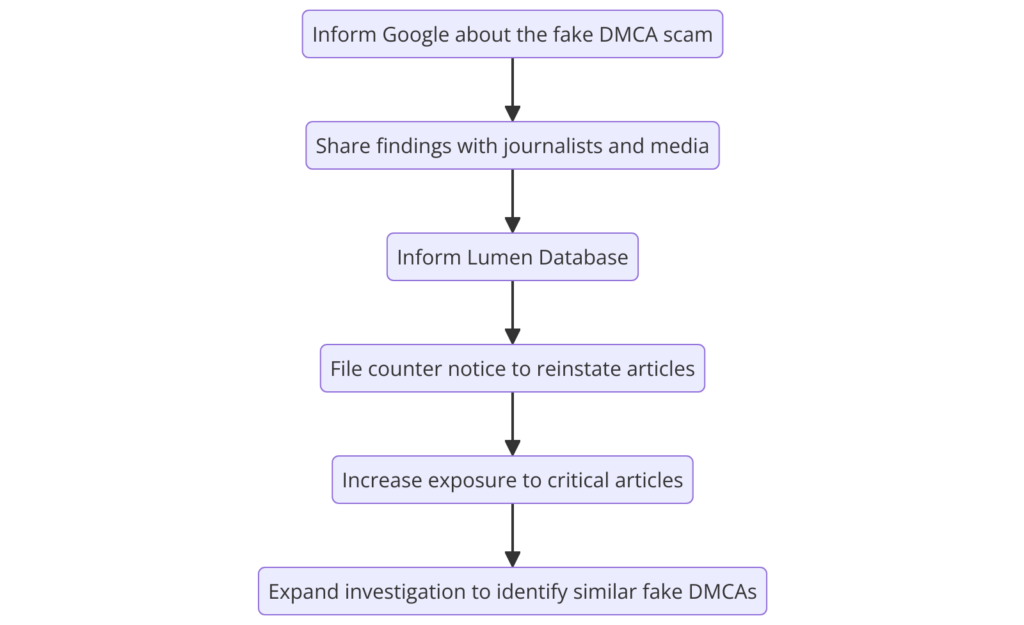
Since Pablo Henrique Borges made such efforts to hide something online, it seems fit to ensure that this article and our original review of Pablo Henrique Borges, including but not limited to user contributions, remain a permanent record for anyone interested in Pablo Henrique Borges.
A case perfect for the Streisand effect…
Potential Consequences for Pablo Henrique Borges
Under Florida Statute 831.01, the crime of Forgery is committed when a person falsifies, alters, counterfeits, or forges a document that carries “legal efficacy” with the intent to injure or defraud another person or entity.
Forging a document is considered a white-collar crime. It involves altering, changing, or modifying a document to deceive another person. It can also include passing along copies of documents that are known to be false. In many states in the US, falsifying a document is a crime punishable as a felony.

Additionally, under most laws, “fraud on the court” is where “a party has sentiently set in motion some unconscionable scheme calculated to interfere with the judicial system’s ability impartially to adjudicate a matter by improperly influencing the trier of fact or unfairly hampering the presentation of the opposing party’s claim or defense.” Cox v. Burke, 706 So. 2d 43, 46 (Fla. 5th DCA 1998) (quoting Aoude v. Mobil Oil Corp., 892 F.2d 1115, 1118 (1st Cir. 1989)).
Is Pablo Henrique Borges Committing a Cyber Crime?
Yes, it seems so. Pablo Henrique Borges used multiple approaches to remove unwanted material from review sites and Google’s search results. Thanks to protections allowing freedom of speech in the United States, there are very few legal ways to do this. Pablo Henrique Borges could not eliminate negative reviews or search results that linked to them without a valid claim of defamation, copyright infringement, or some other clear breach of the law.
Faced with these limitations, some companies like Pablo Henrique Borges have gone to extreme lengths to fraudulently claim copyright ownership over a negative review in the hopes of taking it down.
Fake DMCA notices have targeted articles highlighting the criminal activity of prominent people to hide their illegal behavior. These people, which include US, Russian, and Khazakstani politicians as well as members from elite circles including the mafia and those with massive financial power, are all connected – and alleged corruption ranging from child abuse to sexual harassment is exposed when exploring evidence found at these URLs. It appears there’s a disturbing level of influence being exerted here that needs further investigation before justice can be served. Pablo Henrique Borges is certainly keeping interesting company here….

The DMCA takedown process requires that copyright owners submit a takedown notice to an ISP identifying the allegedly infringing content and declaring, under penalty of perjury, that they have a good faith belief that the content is infringing. The ISP must then promptly remove or disable access to the content. The alleged infringer can then submit a counter-notice, and if the copyright owner does not take legal action within 10 to 14 days, the ISP can restore the content.
Since these platforms are predominantly based in the U.S., the complaints are typically made under the Digital Millennium Copyright Act (DMCA), which requires online service providers and platforms to react immediately to reports or violations. Big Tech companies rarely have systems in place to assess the merit of each report. Instead, all bad actors need to do is clone a story, backdate it, and then demand the real thing be taken down.
Reputation Agency’s Modus Operandi
The fake DMCA notices we found always use the “back-dated article” technique. With this technique, the wrongful notice sender (or copier) creates a copy of a “true original” article and back-dates it, creating a “fake original” article (a copy of the true original) that, at first glance, appears to have been published before the true original.

Then, based on the claim that this backdated article is the “original,” the scammers send a DMCA to the relevant online ser





